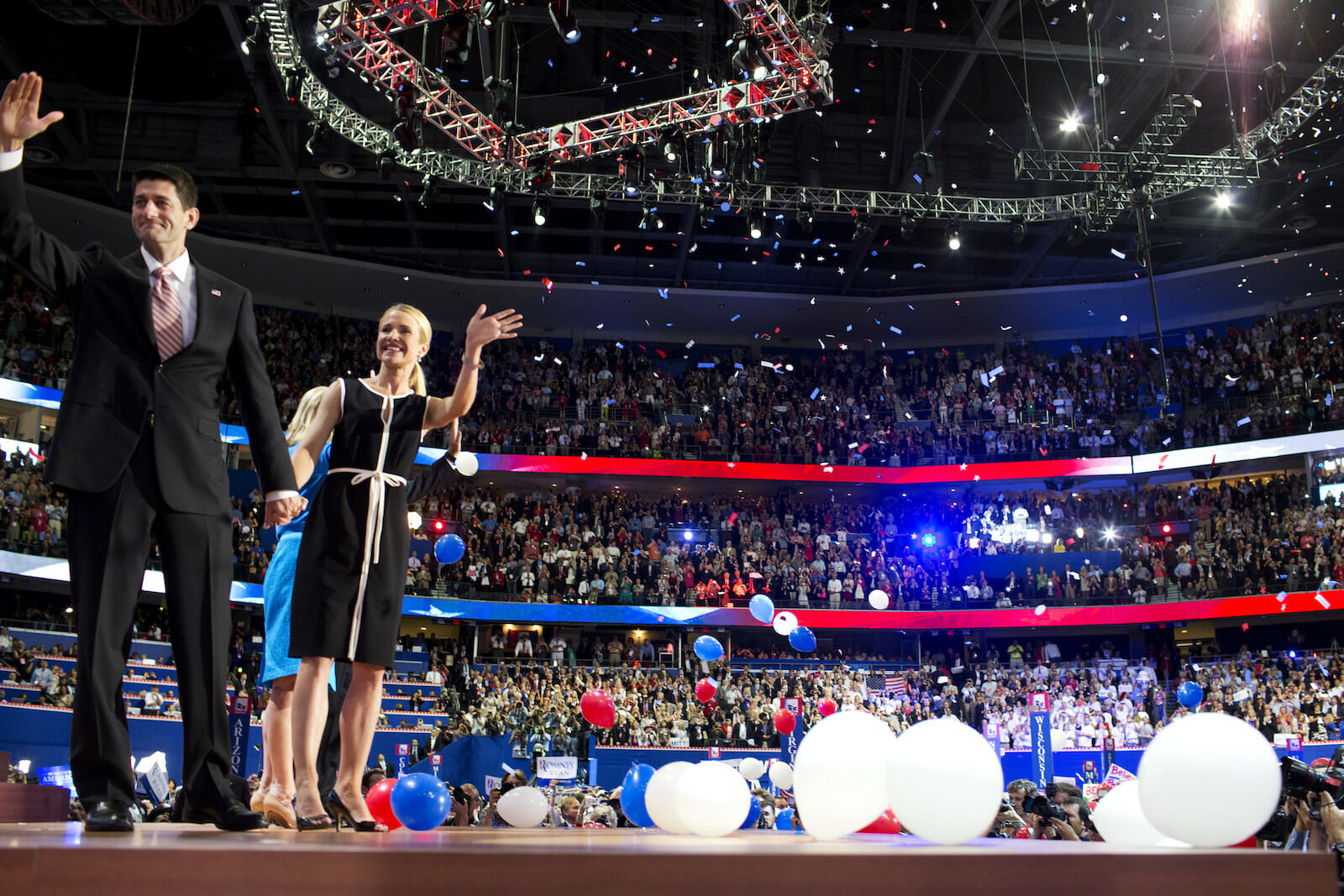
Politics
Reflections on the Republican National Convention and the Week to Come
I’m not surprised the Republican National Convention was light on policy. What was surprising was that it was so light on policy. I don’t think I’m the only one who was disappointed. I wasn’t expecting the Republican National Convention (RNC) to have the feel of a Brookings panel discussion, but I was still expecting the speeches to have more substance. I was hoping to hear a clearer delineation of the way forward for this country if Mitt Romney were elected president. But I didn’t hear much of that. Instead I heard more platitudes and generalizations. I heard more talk about American greatness and the unyielding virtues of free enterprise.
Essentially, I heard what I, and many others, had already heard. I witnessed a RNC that was too focused on “introducing” Mitt Romney as a person and not focused enough on introducing the policies of a president Romney. While the RNC clearly succeeded in accomplishing the latter, a referendum on Barack Obama’s presidency was substituted for the former. That’s too bad because there are a lot of undecided voters, including this writer, who would have appreciated more details.
According to Ben White of Politico, “Romney advisers and people close to the campaign now say that to complete the sale to voters, Romney must explain more precisely what he would do as president, especially on taxes and spending, which consistently tops lists of voter concerns.” That same article also indicated that such details were likely to come during the presidential debates, which begin in early October. Such a strategy begs the obvious questions: Can Mitt Romney afford to wait that long? Or would it be a better idea to be a bit more aggressive and spell out some of those details before October? More specifically, how is Mitt Romney going to create 12 million new jobs in four years?
A recent survey has suggested that the convention hardly helped Romney at all. In that survey, “Gallup found roughly the same number of Americans saying the convention made them more likely to support Republican nominee Mitt Romney (40 percent) as saying it made them less likely to support him (38 percent).” Other polls have noted that, while the RNC may have provided a slight boost for Romney, those advances will probably be short-lived since the Democratic National Convention (DNC) will begin on Tuesday. There is an advantage to going second that goes beyond some not so subtle references to Clint Eastwood’s performance in Tampa.
Most significantly, Democrats will easily be able to denigrate Republicans for their lack of substance on policy with Election Day just months away. In that sense, Romney’s underwhelming speech was representative of the entire convention. Moreover, Mr. Romney’s failure to mention Afghanistan, Iraq and—most importantly—those who have sacrificed so much in defense of American values was a disappointment and a mistake.
This is still Romney’s election to lose and one that will come down to the wire—irrespective of how the Democrats perform in Charlotte. The case against Barack Obama is clear and convincing, particularly when it comes to the economy. Unemployment still exceeds eight percent. Nonetheless, the case for Mitt Romney is a project that remains unfulfilled. I already know Mitt Romney is not Barack Obama. What I really need to figure out before November is what Mitt Romney’s policies (foreign and domestic) are and what they might actually mean for the country. And even if that happens, there’s still the chance that I won’t vote for anybody in November. I may be too busy wondering why my country, which, according to Mitt Romney, is “the greatest country in the history of the world,” has produced such disconcerting options for the presidency.

